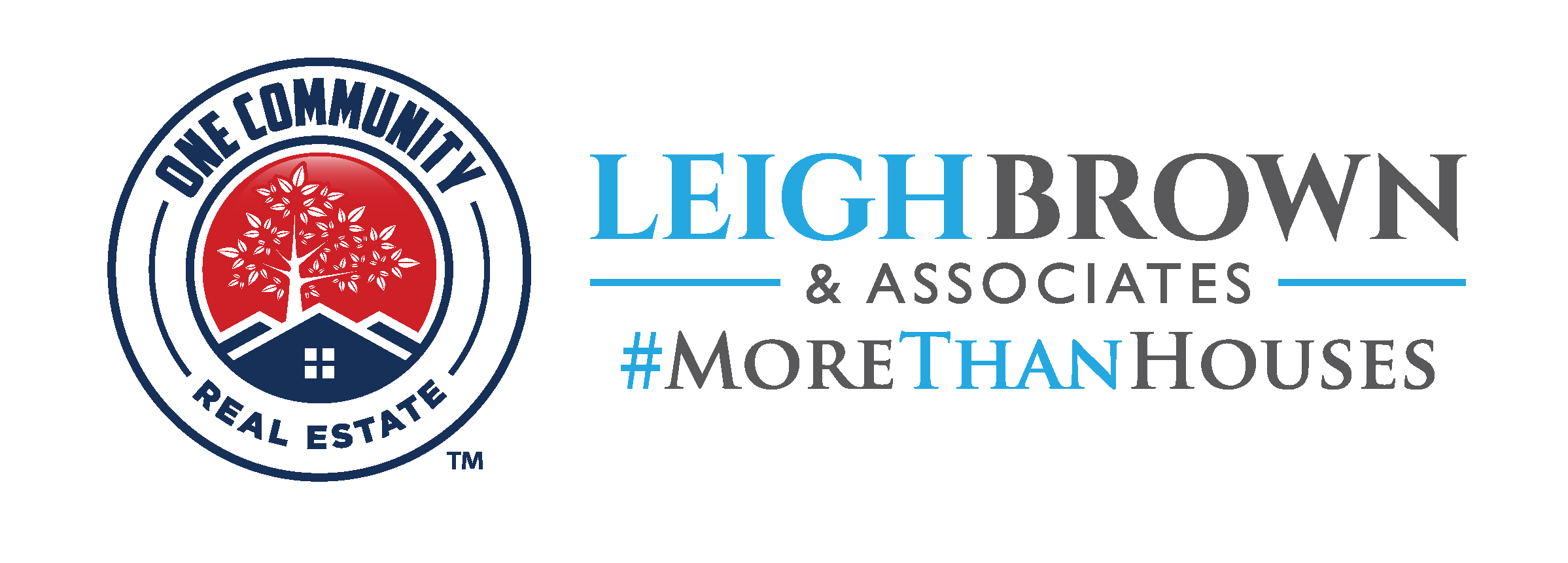Photo by Andrea Piacquadio: Pexels
The home buying process involves a million and one decisions. Before you launch your home search, you need to pin down whether you’re looking for a starter home or a forever home. Use the following questions to help guide your decision.
1. What Is Your Budget?
The right type of home for you can most easily be determined by your financial health and what you can afford. Starter homes, because of their smaller size and standard amenities, are typically priced lower than forever homes. They also cost less to heat, cool, power, and maintain. Affordability makes starter homes an attractive option for young professionals and new families.
2. Where Do You See Yourself in Five Years?
This common job interview question also applies to home buying. Consider where you are with your career and family and envision where you want to be in the future. If you’re just getting started in your career or are still figuring out where you want to settle, a starter home may make more sense. However, if you have a growing family and are ready to plant roots, you may be ready to find your forever home.
No matter which route you take, financial experts recommend owning your home for at least two years. Selling any sooner puts you at risk of losing money.
3. What Do You Need?
Think about the amount and type of space you need. Starter homes are usually less than 1,500 square feet with small plots of land. Layouts may include two or three bedrooms and one to two bathrooms along with a cozy living room and a modest-sized kitchen. Single residents or families with one or two young children may find that a starter home has adequate space for their current needs.
On the flip side, some homebuyers may require more square footage and specific amenities such as a garage or home office. A family of four or more could benefit from more bedrooms, a larger kitchen, and additional storage closets. A remote worker might need a separate room for a home office. Forever homes offer more space and rooms to customize to your needs.
4. Do You Want to Have an Investment Property?
Starter homes have the potential to be lucrative investment properties. If you’re able to keep a starter after moving to a new house, you can rent it out and enjoy an additional source of income.
5. Are You Willing to Repair and Renovate?
Forever homes are more likely to be move-in ready than starter homes. Some starters are considered fixer-uppers because they need extensive renovations ranging from cosmetic updates to structural repairs. Homeowners who are DIY-inclined can build sweat equity from taking on home renovation projects. Doing the work yourself significantly lowers costs which results in a greater return on investment when you sell.
Your home inspection report should identify issues so you can estimate the cost of repairs. Be mindful that your homeowners’ insurance only extends to damage caused by events like fire or vandalism. Policies will not cover wear and tear to appliances and utility systems. For added protection, you may want to purchase a home warranty. This is a one-year, renewable service agreement that offers coverage for more than just appliances — it can offset the costs to repair and replace major home components and appliances.
Deciding between a starter home and a forever home depends largely on your budget and lifestyle preferences. Take a close look at your needs, wants, and finances to make the best choice.
When it comes to where you call home, we are here to help you figure it out. Email my team at One Community Real Estate®, Leigh Brown & Associates, or reach me directly at 704-507-5500 today!
~ Leigh Brown
